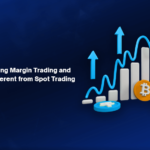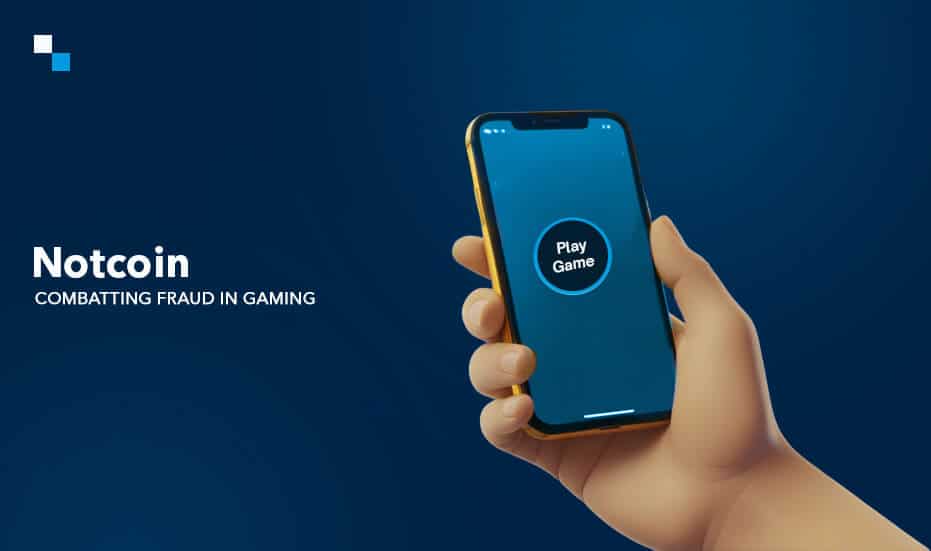
Demystifying Margin Trading Crypto Exchange Development
March 22, 2022
How can Businesses Monetize their DeFi Wallet?
March 22, 2022A non-Fungible Token is an asset that cannot be exchanged directly; instead, it must be traded through a specialized platform known as an NFT marketplace. The growing popularity of NFTs has led to increasing demand for NFT marketplace development. Businesses are viewing it as an opportunity to generate revenue streams. However, given that the competition is huge, it is paramount for businesses to quickly launch their NFT marketplace platforms to take the lead.
This is when white label NFT marketplace fits the bill. A white label marketplace is a read-made solution that can be quickly customized as per a brand’s needs and launched into the market.
For example, the mobile phones we use are a great illustration of white labeling since the entire phone is not created by the flagship brand; the software is the only product built by the brand, while the external shell, batteries, and displays are manufactured by a separate firm. However, the prime mobile phone provider would have removed the third-party firm’s brand and replaced it with its own. We now have a fundamental understanding of how white labeling works.
White Label NFT Marketplace Development:
Businesses across the globe are increasingly interested in white label NFT marketplace platforms since they are simple, ready to use, and, most importantly, cost-effective. Personalization, wallet integration, Metamask integration, and other API integrations with trade charts to highlight price volatility and integration with new NFT trends are all part of the white label NFT marketplaces. The white label NFT marketplace can be built using a variety of technologies, including Polygon, Ethereum, Binance smart chain, and others, and it can be combined with major auction sites.
The following characteristics have provided the white label NFT marketplace platforms an advantage:
- Plug & Play: The white label NFT marketplace solution enables the user to easily launch the NFT marketplace.
- Customizable and changeable to a tee: The white label platform enables the business owner to customize and configure it as per their needs.
- Top-tier security features: A white label NFT marketplace is precisely constructed with dependable security safeguards.
- User-friendly: The interactive UX/UI may be tailored to the user’s demands in the white label NFT marketplace.
- NFT Wallet Integration: To maintain and trade NFTs, the platform is integrated with a secure NFT wallet.
- Cross-chain flexibility: The white label NFT marketplace is adaptable since its platform can be tailored to the needs of the customers. The platform may also be integrated with the Polkadot protocol for cross-chain connection.
Launch your own White Label NFT Marketplace
Schedule Free DemoCreating a White Label NFT Market
The owner/proprietor of a white label NFT marketplace gets complete control over the platform. The administrator can add, delete, and modify features based on their needs and requirements. Every existing marketplace is based on blockchain networks such as Solana, Cardano, Ethereum, Polygon, Binance Smart Chain (or BSC), and many more. The advantage of a White label NFT marketplace is that it requires substantially less time to design and allows firms to start their platform quickly. Creating a White label NFT marketplace typically entails the following procedures.
• Choose your favorite blockchain network
This stage entails investigating and selecting the ideal blockchain network on which the NFT marketplace will run. Each network has advantages and weaknesses and selecting the best network benefits the marketplace in the long term.
• Create the platform’s tokens
This stage necessitates the creation of a token protocol for the NFTs posted on the marketplace. The coin can adhere to the ERC721 or ERC1155 standards.
• Create and integrate the necessary smart contracts
Smart contracts are used to conduct transactions and activities in a decentralized marketplace. Smart contracts transform a centralized exchange into a decentralized exchange. All those are self-executing protocols that require no supervision or monitoring. They are an absolute necessity for every decentralized white label marketplace. Creating and implementing smart contracts necessitates the use of a skilled development team.
• IPFS storage integration
NFTs advertised on the marketplace are saved in IPFS storage, while user data is maintained in the blockchain database. After establishing the platform, you may incorporate the IPFS into the marketplace.
• Create a user-friendly interface
The user interface (UI) of the NFT marketplace must be appealing and user-friendly. The UI is the first thing a person sees when they visit a website, and a poor UI can derail the site’s popularity. Making it more visually appealing benefits users and increases traffic to the site.
• Test in beta mode
The marketplace is subjected to a series of testing in this location. This procedure assures that the platform is free from bugs, defects, and problems. The testing team deploys the product on a test net and thoroughly examines it.
• Launch
All that remains is to deploy the product. The development team installs the marketplace on the client’s server, and the site is made available to users all over the world. The client has a dedicated support team on hand to answer any questions or concerns the users may have.
Conclusion
Choosing an NFT marketplace development solution has shown to be quite beneficial for enterprises. It is not only cost-effective, but it also saves you time in constructing the NFT platform from scratch. White Label NFT Marketplace can be the best bet to get a hand over your own NFT marketplace.
At Antier Solutions, we provide a white label NFT marketplace solution fortified with market-leading features. In addition, we specialize in the development of a custom marketplace platform from the ground up.
Connect with our subject matter experts to share your business needs.



